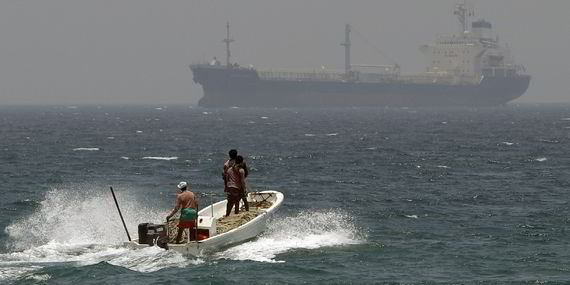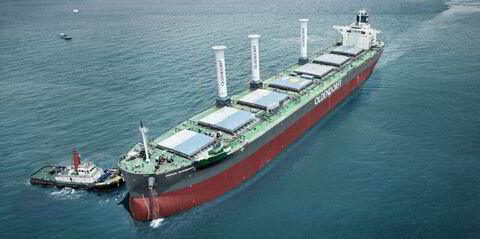Kidnappings of seafarers increased 44% in 2016, according to research by consultancy Global Risks.
The rise was due to a higher number of incidents in the Gulf of Guinea and in the Sulu and Celebes Seas around the Philippines, it said.
But vessel hijackings fell 83% last year, compared to 2015, it added, as improvements were made in regional law enforcement..
And the total number of maritime security incidents dropped 21%.
About 27% of all piracy incidents took place in the Gulf of Guinea, while a third of kidnappings were recorded in South-east Asia.
The downward trend in the Gulf of Guinea and South-east Asia will continue in 2017, as Nigerian and Indonesian naval forces continue their targeting of organised criminal syndicates, Global Risks said.
Another evolving trend in 2016 was the significant increase in cases where militants or terrorists targeted port infrastructure, naval and commercial vessels or offshore platforms, it added.
"Libya and Yemen accounted for most of these, with several high-profile attacks recorded," it said.
Maritime risk analyst Sebastian Villyn said: “The trends seen globally in 2016 highlight the dynamic nature of groups engaged in offshore crime.
"The interplay between sociopolitical developments onshore and the frequency of offshore crime was particularly visible in the Gulf of Guinea, and it was also telling how assailants in different regions are responding to security measures, or lack thereof, for instance in South-east Asia.
"Despite an overall global decrease in maritime security incidents, high-severity cases of maritime terrorism and kidnaps increased. These trends are likely to continue and pose a significant threat to maritime operators in 2017."



